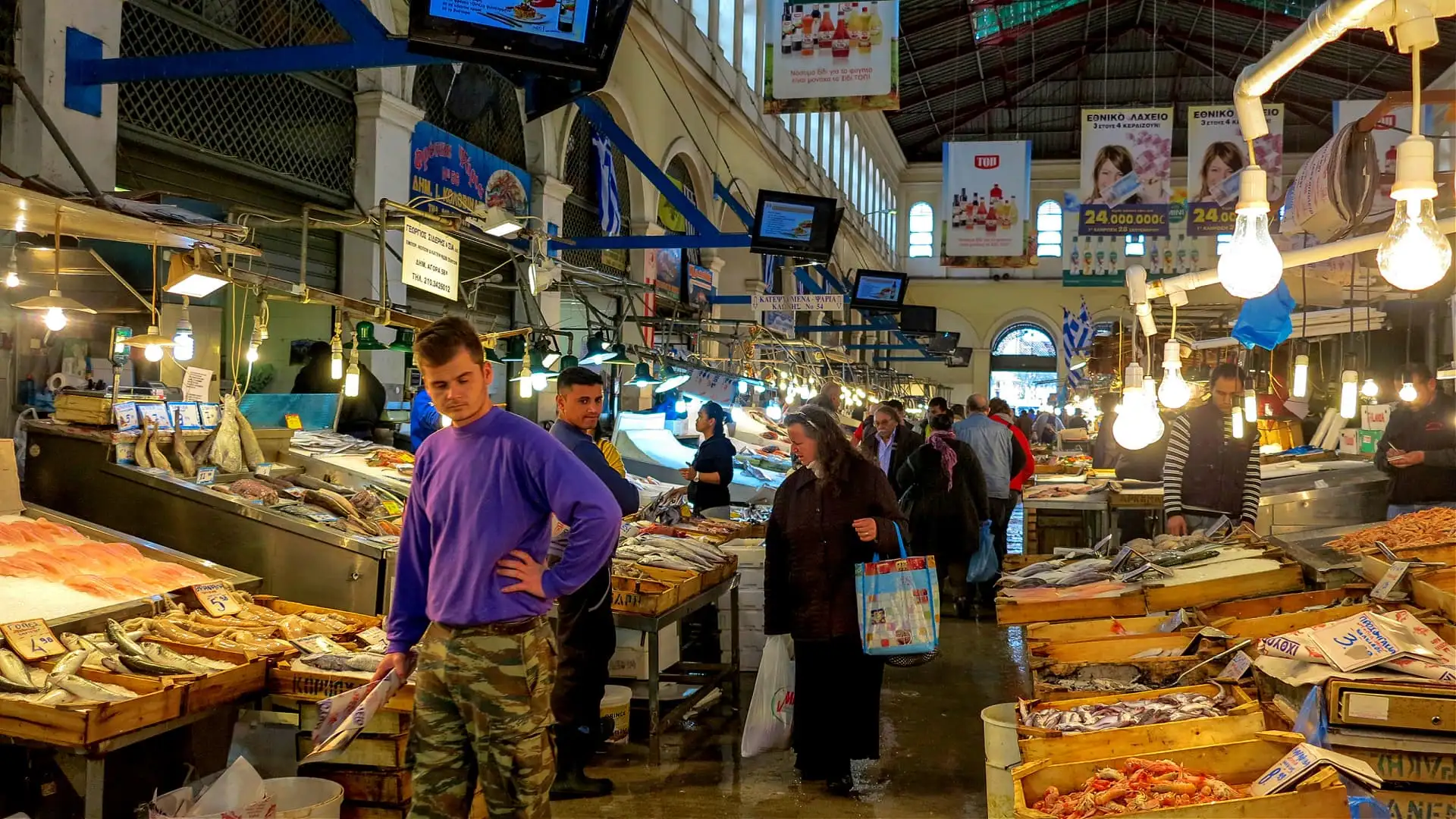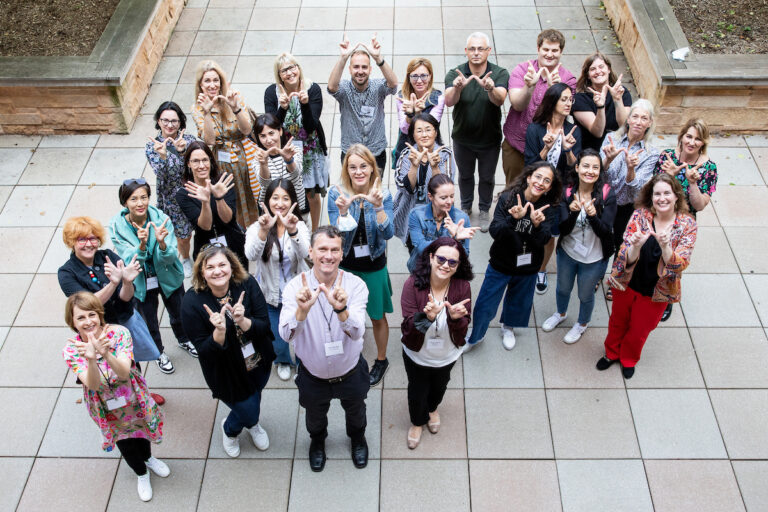Olive oil consumption in Italy and Greece — two of the world’s largest producers — is expected to rise in the current crop year, according to data from the International Olive Council (IOC).
Meanwhile, consumption in Spain and other producing countries is anticipated to slow down. Overall olive oil consumption in the European Union, responsible for nearly half of global consumption, is projected to fall considerably, from 1.6 to 1.4 million tons.
Experts believe the unusual forecast, which has not been seen in the last five crop years, is a consequence of converging factors.
Among them is the Mediterranean mega-drought, severely impacting olive production in Spain and other countries in the western half of the basin.
Additionally, high inflation has reduced household food budgets across the continent. Both inflation and the drought have resulted in rising olive oil prices too. These factors and the ongoing uncertainty of future harvests have affected consumption.
According to the IOC, Greek olive oil consumption will rise to 110,000 tons, up from 106,300 tons in the 2021/22 crop year but below the rolling five-year average.
“We all know olive oil is a huge part of Greek culture. Greece is among the leading countries in terms of per capita consumption of olive oil worldwide,” Stella Theodosiou, deputy director of the Greek olive oil producer association, Sevitel, told Olive Oil Times.
Theodosiou said per capita consumption in the country was estimated to be 11 kilograms per person in 2019/20. That year, Greek consumption was exceeded only by Spain, with 11.2 kilograms per person.
Theodosiou added that a 2021 study commissioned by the Greek Food Authority showed the ubiquity of extra virgin olive oil in Greek households and confirmed the role of small-scale production for domestic consumption.
“The majority of households, 57 percent, reported that they use extra virgin olive oil procured from relatives or friends,” she said. “Branded olive oils appeared to be linked to access to olive oil production, so 59 percent of those without access buy branded olive oils, compared to a very small number, 7 percent, of those who have access.”
Even so, the picture of olive oil consumption in Greece has significantly changed in recent years.
“Although the acceptance of olive oil is increasing, the Covid-19 pandemic and the increase of inflation directly affected consumption habits and finally changed them,” Theodosiou said.
According to Sevitel, a significant challenge for internal market development is the prevailing unbranded bulk sales, the “quality and safety [of which] are disputed,” Theodosiou said.
“Many years of research [indicate] that the sale of bulk olive oil is a practice that does not guarantee food safety in contrast to standardization and packaging up to 5 liters,” Theodosiou said.
Sevitel experts believe the olive sector must establish a long-term strategic plan soon.
“We consider Greece to be at a critical point to decide the content of a national strategy that will ensure the perspective and the future of Greek olive oil,” Theodosiou said.
He added that the “moderate increase in olive oil consumption in Italy estimated by the IOC is good news, given the highly challenging moment.”
“We have always been among the first positions for olive oil consumption,” Carrassi said. “During the Covid-19 pandemic, Italians increased their purchases of healthy food products, including extra virgin olive oil, and this trend continues.”
Still, the Assitol general director underlined how much more must be done to make olive oil consumption globally grow.
“We have to highlight how this beloved product accounts for less than 5 percent of the global food fat consumption,” Carrassi said. “We have so much to do to promote this extraordinary food abroad. In Italy, we need to overcome the idea that olive oil is just an ingredient, giving value in any possible way to its sensory and healthy qualities.”
Source : Olive Oil Times







